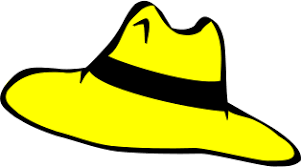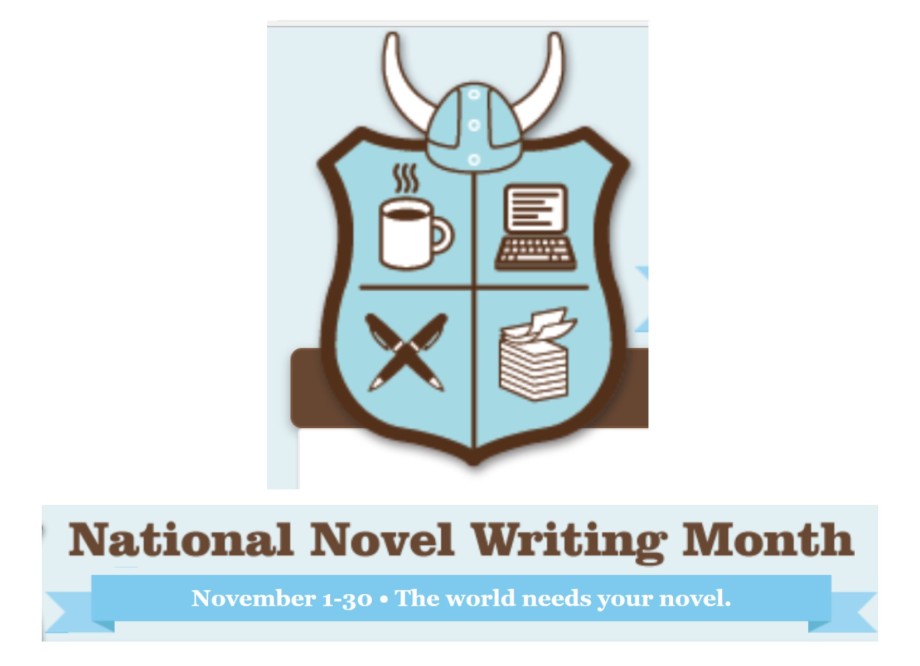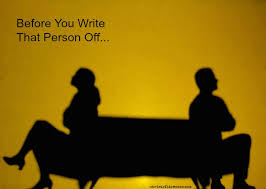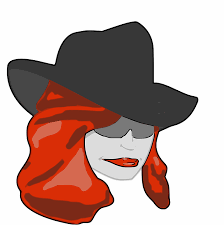Writing is work we pursue over time. It can be lonely, but it functions best when it is communication.
Good writers are generous. Some observe, others live to perform, but most are social creatures who enjoy language whether it is on the page or part of everyday conversation. If art is communication, writers and artists inevitably share their work with someone. Generally, writing is a gift we share with each other.

Writing is a social act, and even the shyest among us need to let someone else read our words at some point. But before we release our precious works into the wide, cruel world, it helps to have a writing community, writing partners, beta readers, people we trust to show our world, introduce our characters, help us nurture the seeds of our ideas.
Good writing partners and writing groups are like exercise partners. They inspire us to get out on the trail more often, walk farther, faster, and maybe even work up to running. They might push us to try something new: a Zumba class or a marathon or weekend pickle ball. And we do the same for them; encouraging them to work harder and exchanging advice about what works and what doesn’t work. Trust develops: we let them in on our strengths, our weaknesses, and they do the same.
As Krystina Pecorari-McBride says in this post: All good writers have writing groups . We need each other. We need to be each others’ biggest fans.
Finding a good artist community is important. We want to connect with people who support us, who will applaud our successes, and who will tell us we’ve got proverbial spinach on our teeth. If our writing circle truly cares about us, they’re going to help us write better, they’re not going to be afraid to give us good advice.
It is more fun going to an exercise class at the gym or playing a pickup game at the park than doing pushups in your basement. Likewise, there is more enthusiasm and joy in writing as part of a community. But we must be kind and understanding. Otherwise the beach will fill up with narcissists kicking sand in each other’s faces.












